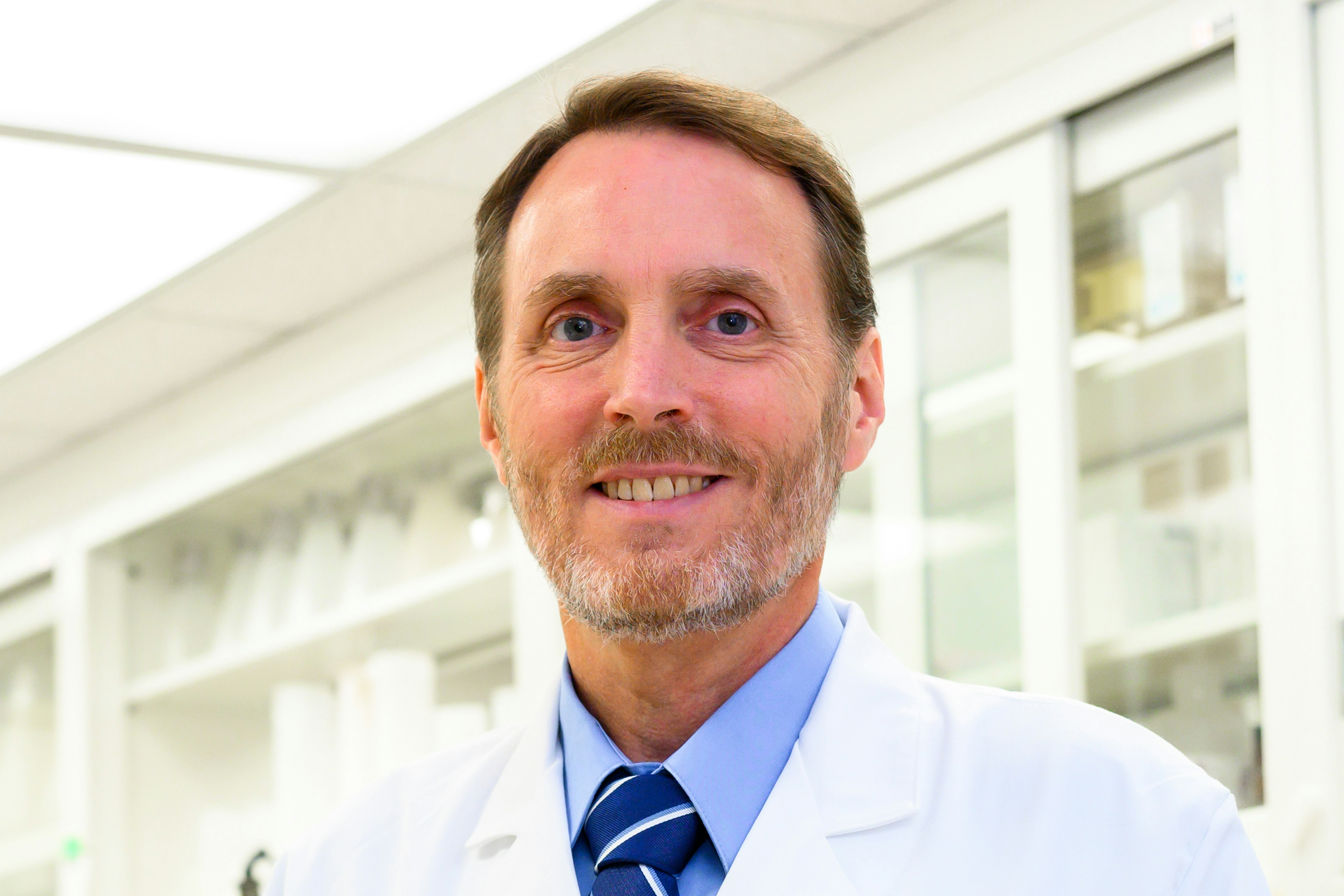Scott Weed, PhD, a researcher with the WVU Cancer Institute, is investigating the mechanisms of disparate survival rates in some head and neck cancers in the Appalachian population.
Compared to the national average, Appalachians develop head and neck squamous cell carcinomas, of which the late-stage, HPV-negative type (HNC-) is the most lethal form, at an increased rate. But do they die sooner, too?
That was the question addressed in a 2020 paper written by Brenen Papenberg, PhD (‘20) and Jessica Allen, PhD (‘22), former students of Dr. Weed, who is also an associate professor at the West Virginia University School of Medicine.
It was discovered that Appalachians were indeed more likely to die of HNC-. Now, with the help of a two-year grant for the amount of $228,000 from the National Institute of Dental and Craniofacial Research, Weed is setting out to find out why.
One early clue was in the identification of a smoking associated expression signature (SAES), consisting of 12 genes that mainly map to chromosome 11q13. “All that means is that those genes are overproduced in individuals who use tobacco,” Weed said, noting that Appalachia leads the nation in tobacco use. Patients with HNC- and the SAES have an increased risk of death, and a greater chance of lymph node metastasis. While functions of six of the genes were known, the other genes remained a mystery. That’s what Weed aims to uncover.
With the assistance of Dr. Allen, Weed and his students – undergraduates Madison Sigler of Smithsburg, Maryland, and Laura Richardson of Parkersburg – will test each gene in cells from Appalachian tobacco-positive patients to determine whether the genes cause tumors to grow faster or invade more effectively. They’ll also implant tumors into mice, analyze the tumors’ growth, and see whether the genes lead to a more rapid decline in the mice.
“The significance of this work lies in the potential to develop new therapeutics,” said Weed. “That’s something that’s desperately needed in Appalachia, which is medically underserved.”
